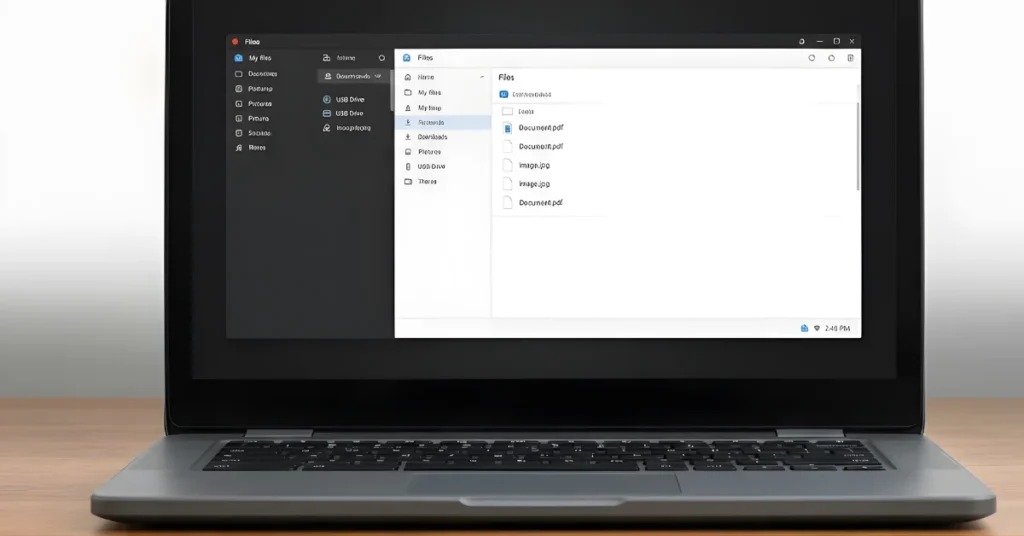Have you ever watched a courtroom scene and wondered how the person in the black robe became a judge? It’s a job filled with dignity, responsibility, and the power to shape justice. Whether you’re a student thinking about law school or someone mid-career looking for a shift, becoming a judge in India is a path that demands dedication, preparation, and a clear roadmap.
Let’s break it all down in a way that feels more like a chat than a textbook. This guide will walk you through how to become a judge in India, covering everything from civil judges to high court and supreme court appointments.
Understanding the Judicial Structure in India
Before diving into the how, let’s get a quick overview of the different types of judges in India. This will help you understand which path you might want to follow.
- Civil Judge (also called Judicial Magistrate)
- District Judge
- High Court Judge
- Supreme Court Judge
Each role has different eligibility criteria, exams, and career paths. So, when someone asks how to become a judge in India, the real question is: Which kind of judge are you aiming to become?
How to Become a Judge in India After LLB
Let’s start with the most common route—right after completing your law degree.
Start with a Law Degree (LLB)
To be eligible for any judicial role, you must have an LLB degree from a recognized university in India. You can go for a 3-year LLB after graduation or a 5-year integrated law course after 12th.
Once you’ve got your degree, you’re on the starting line.
Crack the Judicial Services Examination
To become a civil judge, you need to clear the Judicial Services Examination, also known as the PCS (J) exam. Each state conducts its own exam, typically in three stages:
- Preliminary Exam: Objective type questions
- Mains Exam: Descriptive, written papers
- Viva-Voce: Personal interview
You’ll need to be between 21 to 35 years old, and each state may have slight variations in eligibility and syllabus.
If you’re looking for clarity on how to become a civil judge in India, this is the route for you.
How to Become a District Judge in India
Now, let’s move up the ladder. The position of a district judge is senior to that of a civil judge.
Two Ways to Become a District Court Judge
- Promotion Route: If you start as a civil judge, you can be promoted over the years to become a district judge.
- Direct Entry via Competitive Exam: If you have at least 7 years of experience as a practicing lawyer, you can appear for the Higher Judicial Services (HJS) Exam, conducted by the respective High Court.
This is the path for you if you’re wondering how to become a district court judge in India without going through the junior judge route first.
How to Become a High Court Judge in India
This one is a big leap and requires considerable legal expertise.
Qualifications for High Court Judges
- Minimum 10 years of experience as an advocate in a High Court or two or more such courts in succession
- Or you should have served in the judicial services for at least 10 years
The President of India appoints High Court judges in consultation with the Chief Justice of India, the Governor of the State, and the Chief Justice of that High Court.
So, if you’re thinking about how to become a high court judge in India, remember: it’s less about passing exams and more about sustained legal experience and reputation.
How to Become a Supreme Court Judge in India
Now, let’s talk about the pinnacle of the Indian judiciary.
Qualifications for Supreme Court Judges
To be appointed as a Supreme Court judge, you must:
- Be a citizen of India
- Have been a High Court judge for at least 5 years, or
- Be an advocate in a High Court for at least 10 years, or
- Be a distinguished jurist, in the opinion of the President
There’s no exam here. The Collegium System, involving the Chief Justice and senior Supreme Court judges, recommends names for appointment, which the President then finalizes.
If you’re curious about how to become a supreme court judge in India, it’s a journey that begins at law school and can span decades of distinguished legal service.
How Many Years to Become a Judge in India?
This is a common and important question. The time it takes varies depending on which judicial role you’re aiming for.
| Judge Type | Estimated Time from LLB |
|---|---|
| Civil Judge | 1–2 years (after clearing PCS J) |
| District Judge | 7–10 years (via promotion or HJS) |
| High Court Judge | 10–15 years (advocacy or judicial service) |
| Supreme Court Judge | 20+ years (senior-most levels of judiciary) |
So, if you’re wondering how many years to become a judge in India, the answer depends entirely on your starting point and how far you want to go.
Tips for Aspiring Judges
Becoming a judge isn’t just about clearing exams. Here are some key qualities and tips to help you on your path:
- Start Early: If possible, aim for judiciary right after LLB.
- Read Newspapers: Stay updated with legal current affairs and case laws.
- Join Coaching (if needed): There are many excellent judiciary coaching centers across India.
- Practice Writing: Judicial exams require strong written communication.
- Mock Interviews: These can help you prepare for the final round—viva voce.
If you’re still exploring career options, you might also find our guide on How to Become a Pilot in India helpful for comparison.
Common Misconceptions
Is It Necessary to Practice as a Lawyer First?
Not necessarily. If you’re appearing for civil judge exams, you can take them directly after LLB. However, for district judge and above, legal practice experience is mandatory.
Do All States Have the Same Exam?
Each state conducts its own PCS J and HJS exams. Syllabus and language preferences may vary, so always check with the respective State Public Service Commission or High Court.
Final Thoughts
Becoming a judge in India is more than just a career—it’s a commitment to justice, integrity, and public service. Whether your dream is to become a civil judge, district judge, or reach the Supreme Court, there’s a path carved out for you. The journey may be long, but it’s absolutely achievable with the right guidance and effort.
And if you’re ever stuck wondering about career paths, eligibility, or exams—NutBolt India is your go-to hub for answering every What, Why, Who, When, Where, and How you’ve ever wondered.
Keep aiming high, and remember: justice starts with a dream and a law degree.













